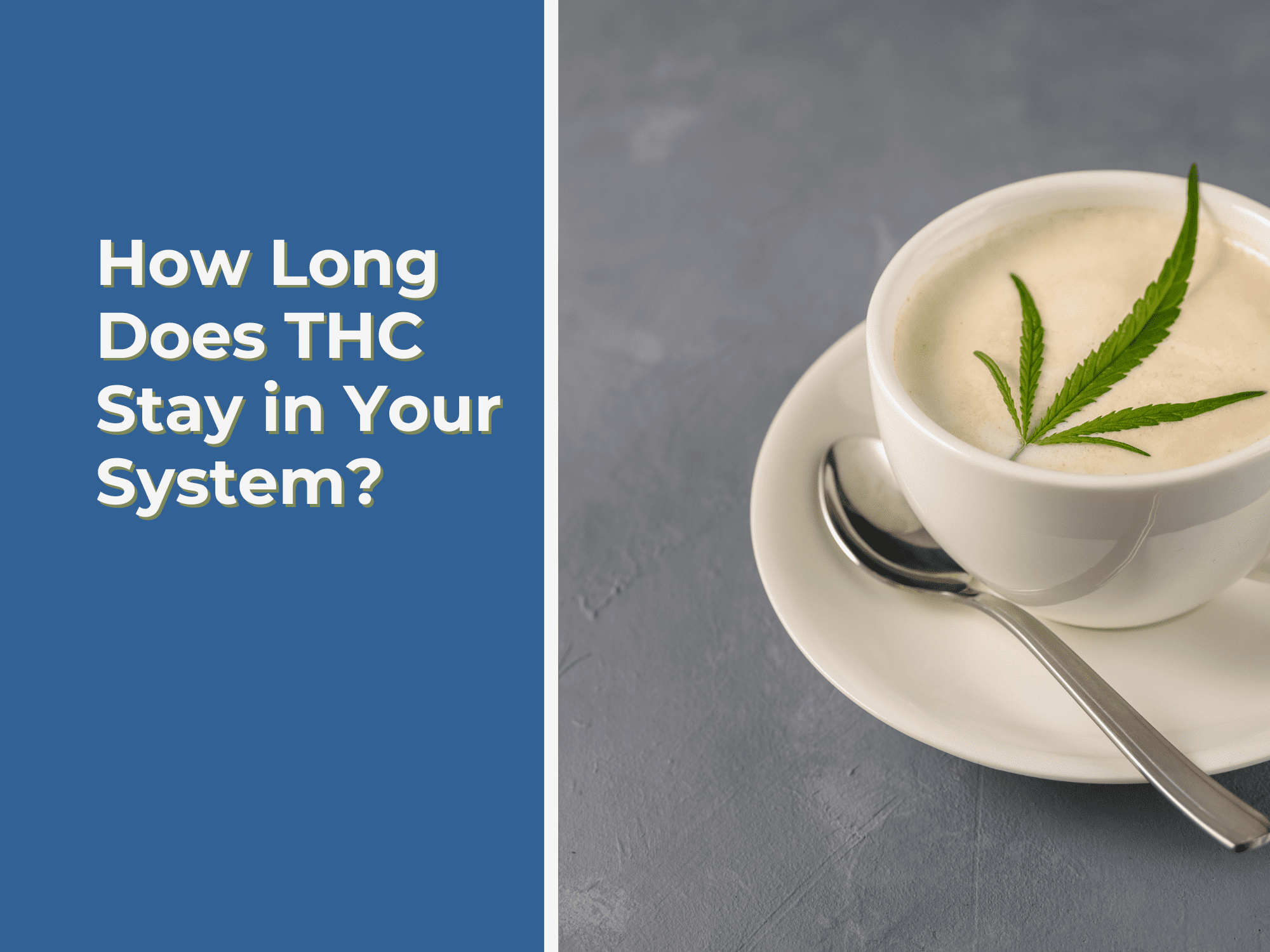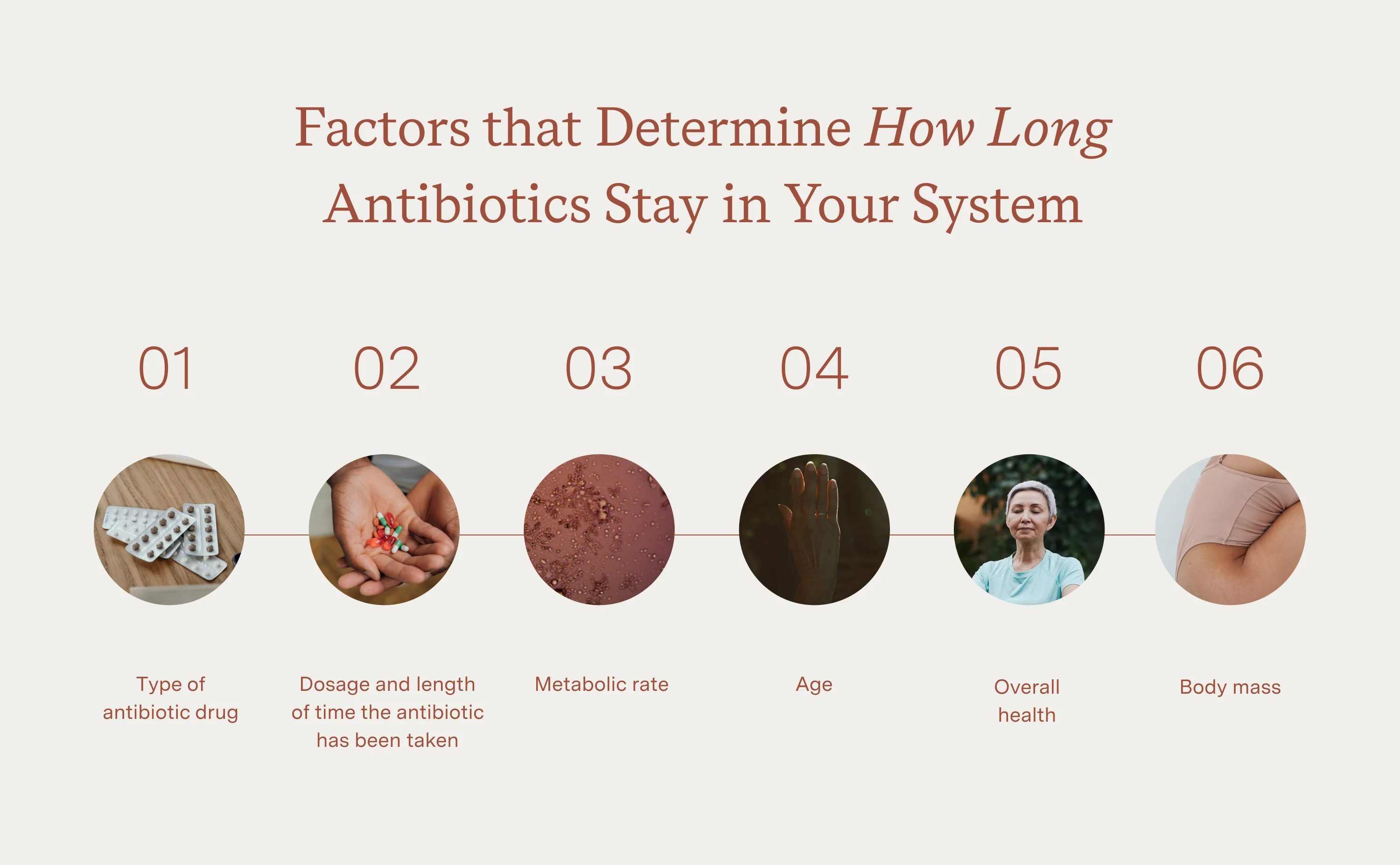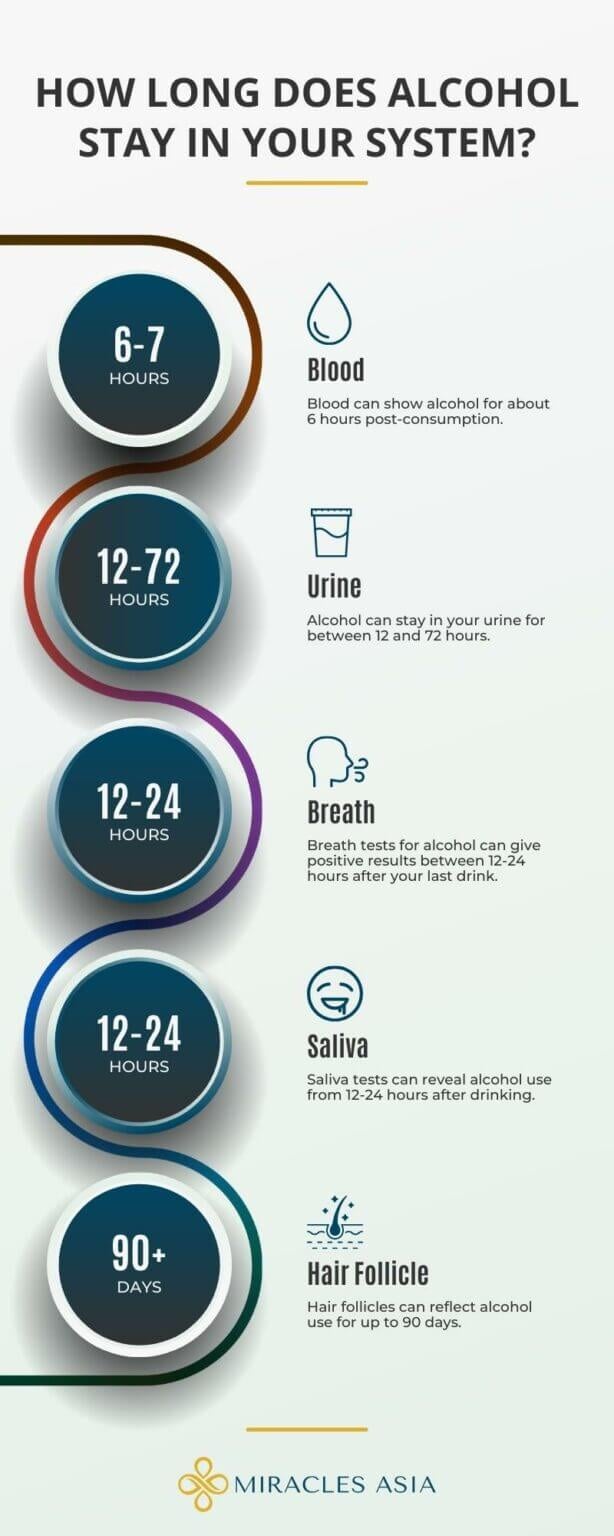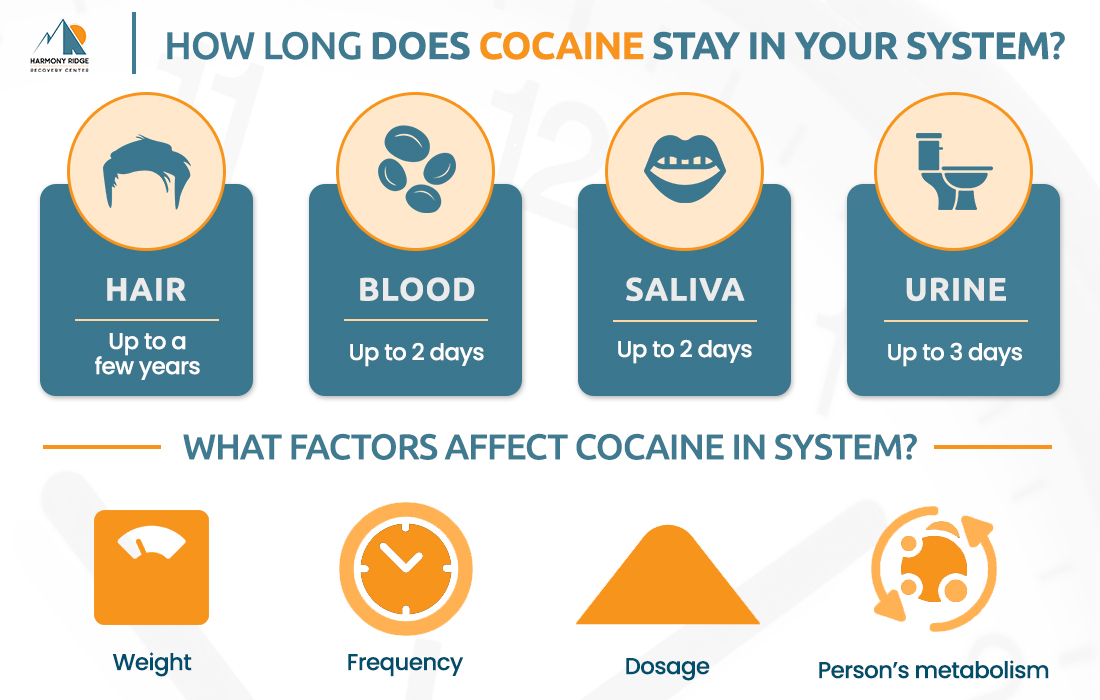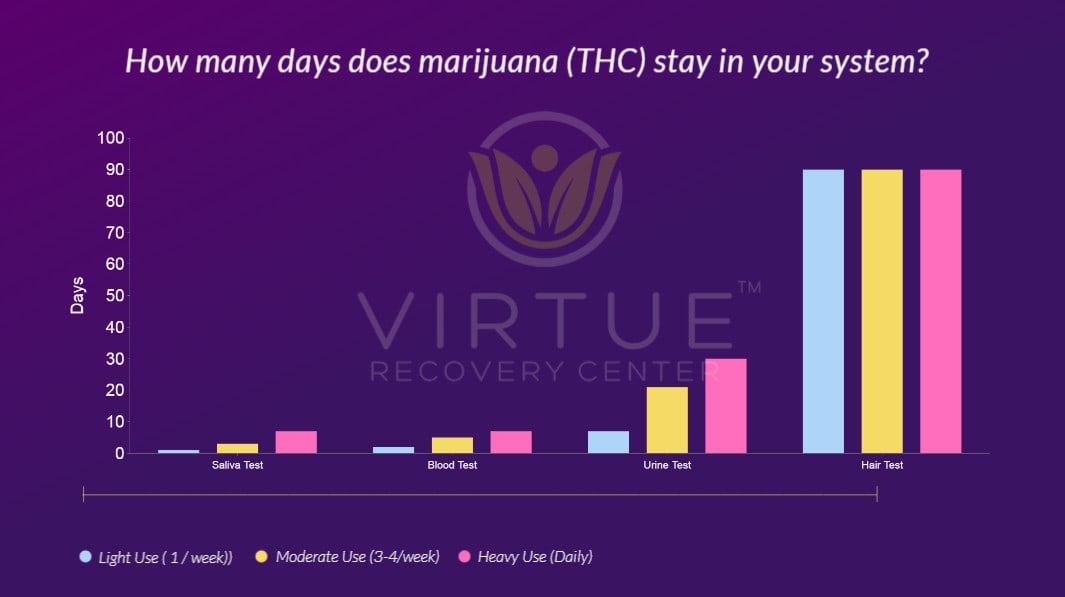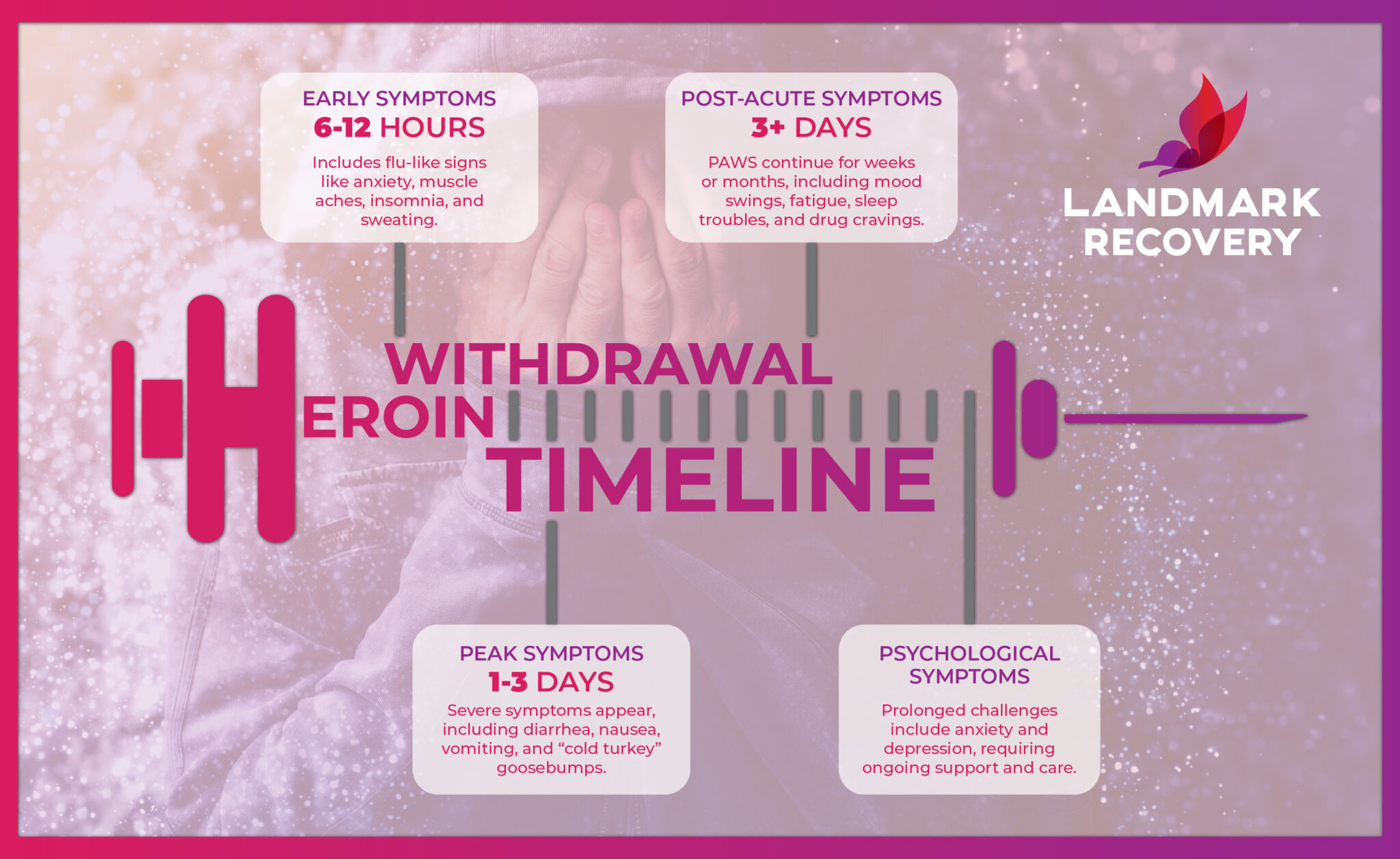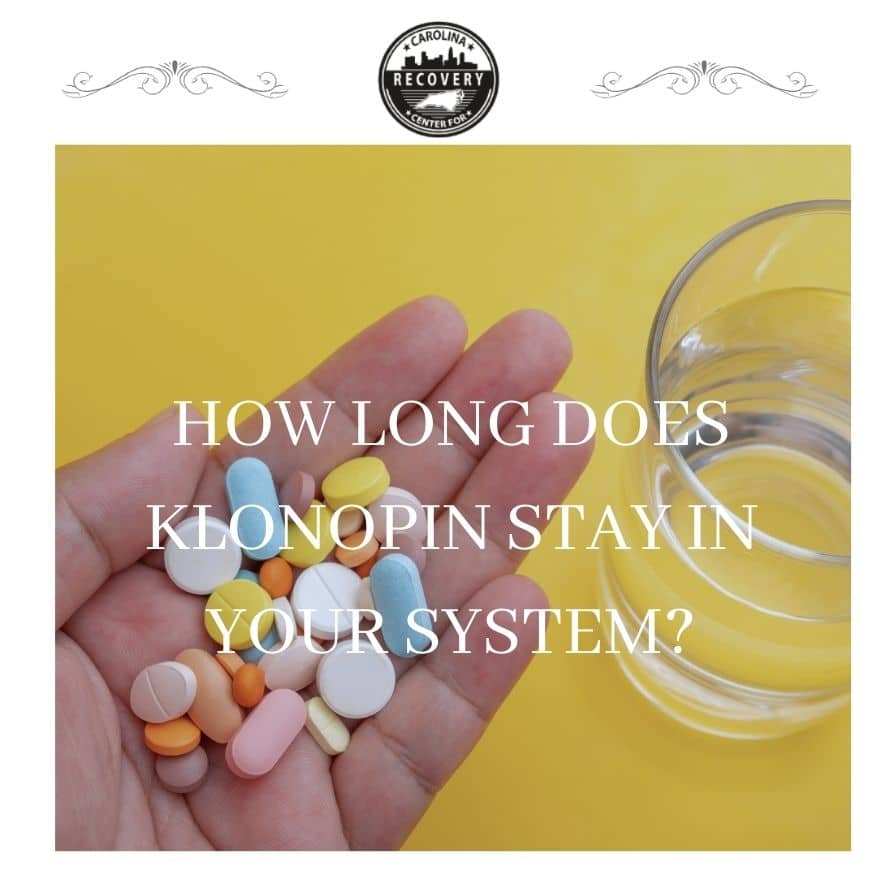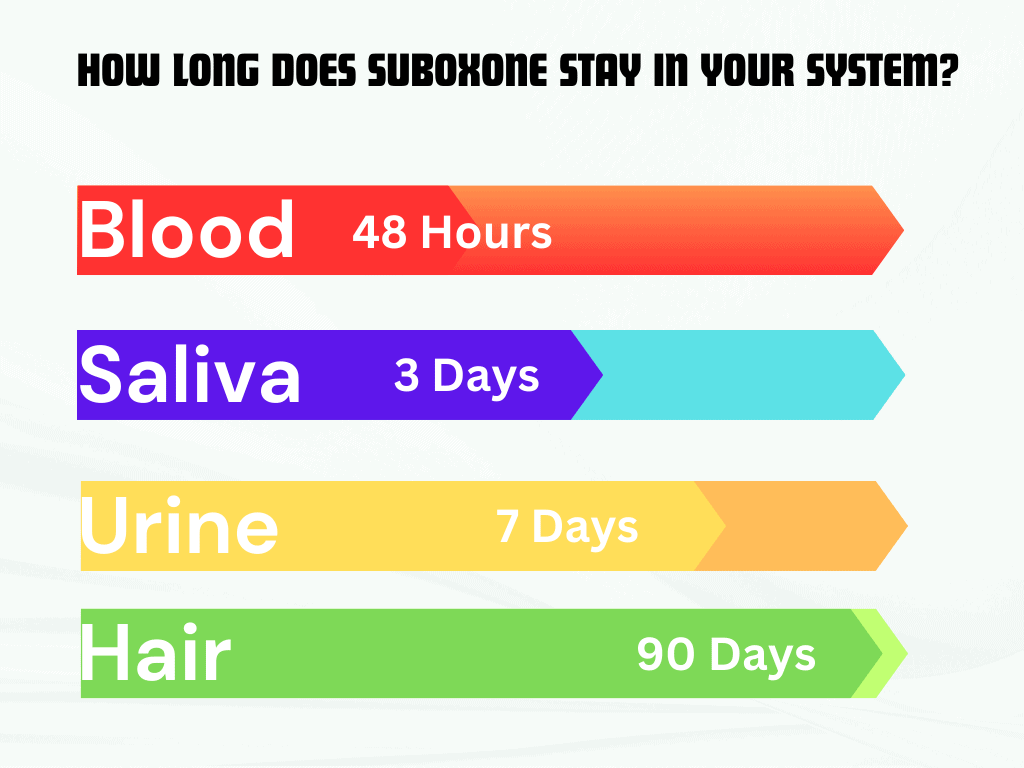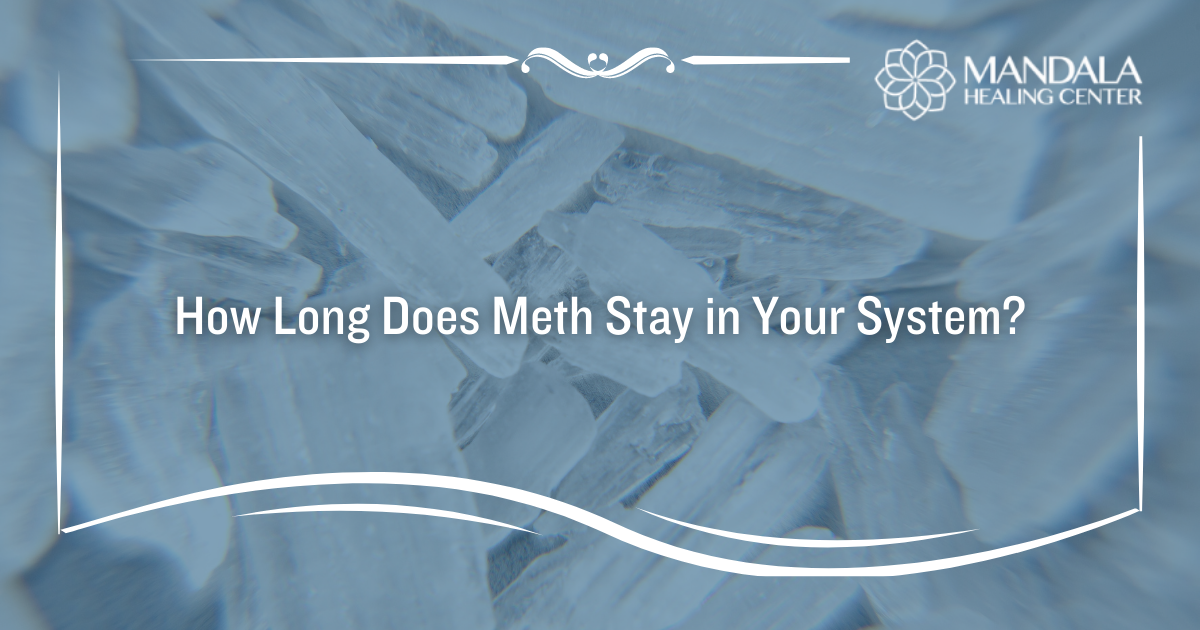How Long Does Theanine Stay In Your System
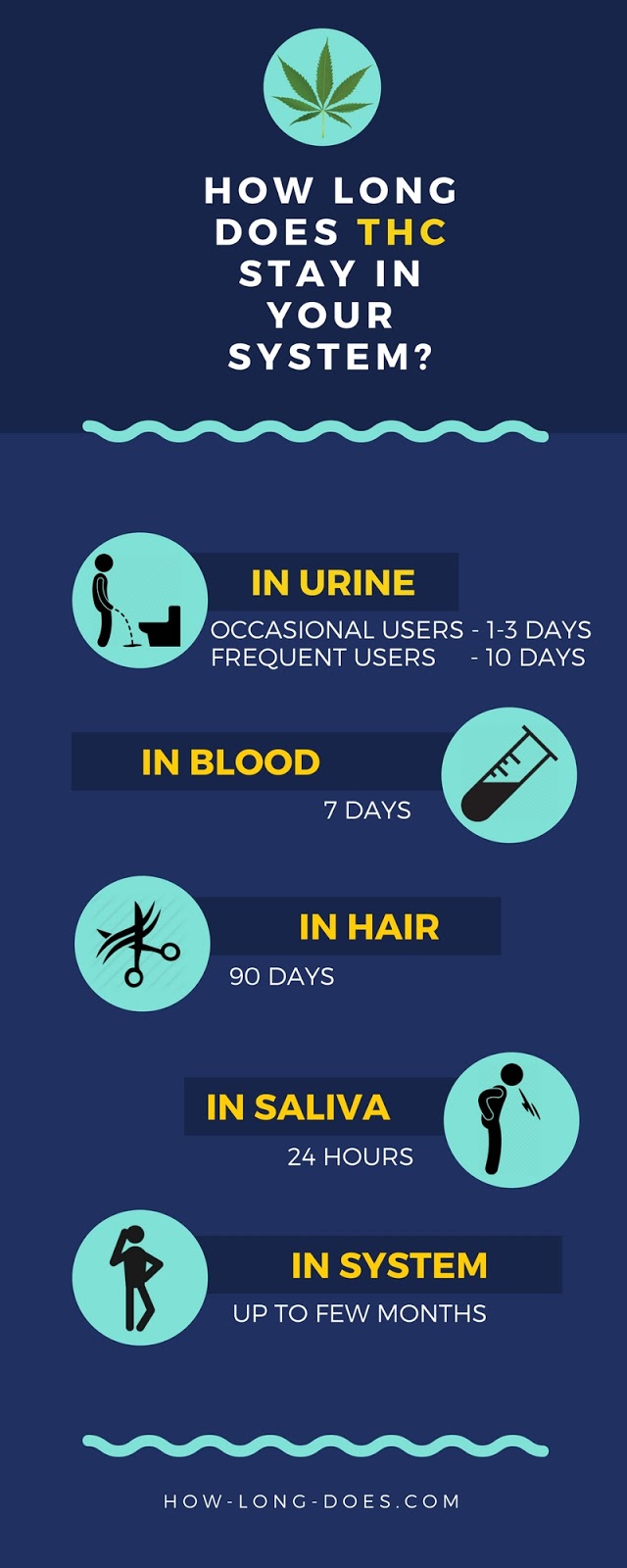
In a world increasingly reliant on cognitive enhancement and stress reduction, understanding the duration and effects of natural supplements is paramount. Among these, L-theanine, an amino acid found primarily in tea leaves, has gained considerable popularity for its purported calming and focus-enhancing properties. But how long does this seemingly benign compound actually stay in your system, and what factors influence its presence?
This article delves into the pharmacokinetics of theanine, exploring its absorption, metabolism, and excretion to provide a comprehensive understanding of its duration of effect and lingering presence within the body. We will examine the science behind theanine's action, drawing on research and expert opinions to clarify the timeframe within which it exerts its effects and the variables that can alter this timeline. This information is crucial for individuals seeking to optimize their theanine intake for desired outcomes, as well as for those concerned about potential interactions or sensitivities.
Understanding Theanine: Absorption and Distribution
L-theanine is readily absorbed in the small intestine following oral ingestion. Research indicates that the absorption rate is relatively quick, with peak plasma concentrations typically reached within 30 to 60 minutes after consumption. This rapid absorption contributes to the relatively fast onset of theanine's reported effects.
Once absorbed, theanine is distributed throughout the body, including the brain. It crosses the blood-brain barrier, allowing it to directly influence brain activity. This is a key factor in its ability to promote relaxation and focus.
Metabolism and Excretion: How the Body Processes Theanine
Theanine's metabolism is relatively simple, with minimal breakdown occurring in the body. Unlike some compounds that undergo extensive metabolic processes, theanine is primarily excreted unchanged in the urine. This direct excretion contributes to its relatively short half-life.
Studies have shown that the half-life of theanine is approximately 1 to 1.5 hours. This means that after this period, roughly half of the ingested theanine will have been eliminated from the body. Complete elimination typically occurs within 5 to 6 hours.
These timelines, however, are averages, and individual experiences can vary. Several factors can influence how long theanine stays in your system.
Factors Influencing Theanine's Duration
Several factors play a crucial role in determining how long theanine remains detectable in the body and how long its effects are perceived. Dosage, individual metabolism, and co-ingestion with other substances are key elements to consider.
Dosage
The amount of theanine consumed directly impacts its duration in the system. Higher doses generally lead to a longer period of detectable levels and potentially extended effects, although not necessarily proportionally. This is because the body has a limited capacity to process and excrete theanine at any given time.
Individual Metabolism
Metabolic rate, which varies from person to person, influences how quickly theanine is processed and eliminated. Individuals with faster metabolisms might experience a shorter duration of effect and a quicker elimination timeframe compared to those with slower metabolisms. Genetic factors, age, and overall health can all contribute to differences in metabolic rate.
Co-ingestion with Other Substances
The consumption of theanine alongside other substances, particularly caffeine, can influence its effects and potentially its duration. Caffeine, a stimulant, is often paired with theanine due to their synergistic effects – theanine can mitigate some of caffeine's negative side effects, like anxiety, while enhancing its focus-promoting properties. However, the interaction between theanine and other substances can complicate the pharmacokinetic picture.
"The combination of theanine and caffeine is an area of ongoing research," explains Dr. Emily Carter, a neuroscientist specializing in dietary supplements. "While generally considered safe, the interaction between these compounds can vary depending on individual sensitivity and dosage."
Theanine's Effects: What to Expect and When
The primary reported effects of theanine include promoting relaxation, reducing anxiety, and enhancing focus and cognitive performance. These effects typically manifest within 30 to 60 minutes after ingestion, aligning with the time it takes for theanine to reach peak plasma concentrations.
The duration of these effects generally lasts for several hours, typically coinciding with the presence of theanine in the system. As theanine is eliminated, the effects gradually subside. The subjective experience of these effects can also vary based on individual sensitivity and expectations.
Is There a Long-Term Buildup?
Due to its relatively short half-life and rapid excretion, theanine is not expected to accumulate significantly in the body with regular use. Studies have not indicated any long-term buildup or adverse effects associated with consistent theanine consumption within recommended dosages.
However, as with any supplement, it's always advisable to consult with a healthcare professional before incorporating theanine into your routine, especially if you have pre-existing medical conditions or are taking other medications. This is important to rule out any potential interactions or contraindications.
Conclusion: The Short-Lived but Impactful Nature of Theanine
In summary, L-theanine boasts a relatively short lifespan within the human body, typically being metabolized and excreted within a few hours. Its effects, ranging from relaxation to enhanced focus, mirror this timeline, generally peaking within an hour of ingestion and gradually diminishing as the compound is eliminated. While individual factors like dosage and metabolism can influence the precise duration, theanine's transient nature makes it a manageable and potentially beneficial supplement for those seeking a temporary boost in cognitive function and stress reduction.
Future research should focus on further elucidating the nuances of theanine's interaction with other compounds and its long-term effects on cognitive health. Continued investigation will provide a more complete picture of theanine's potential benefits and inform responsible usage guidelines for individuals seeking to harness its power.

